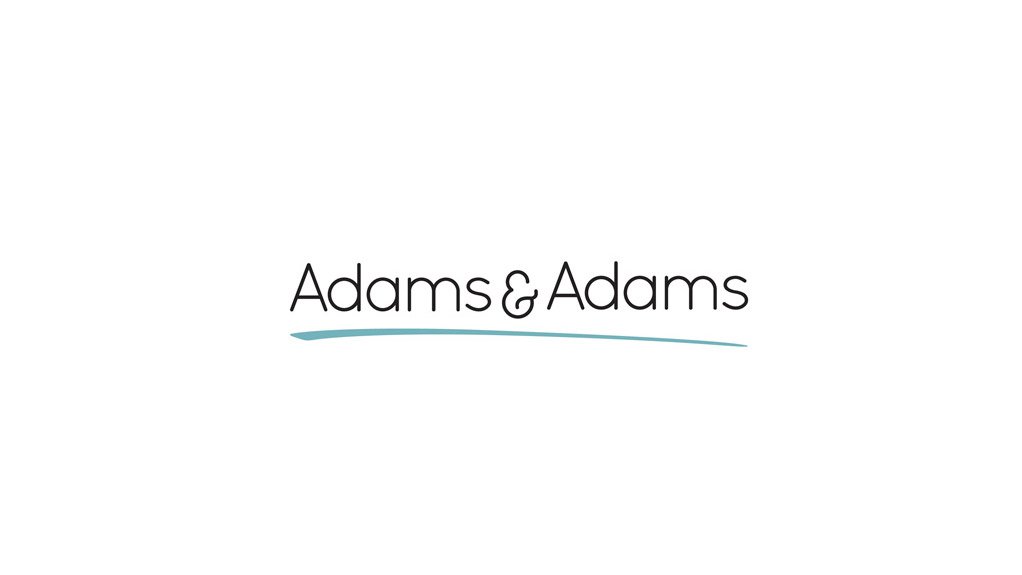As business environments improve, Africa’s urbanisation and middle class are growing rapidly. Over the past decade, six out of ten fastest-growing economies worldwide are in sub-Saharan Africa. On the technological front, Africa is Facebook’s fastest-growing market and the second-biggest mobile market in the world.
However, these developments have not just created legitimate business opportunities as demand for products across all sectors grows – the market for counterfeit goods in Africa is also on the rise. No industry has been spared the scourge of counterfeit goods and all goods are targeted, from consumables to pharmaceuticals.
The global counterfeit medicine industry is estimated to be worth approximately €75-billion a year, Interpol estimates that around 30% of all medicines in Africa could be counterfeit and, around 100 000 deaths a year are attributable to the counterfeit drug trade. Counterfeit medicines include so-called ‘lifestyle’ drugs such as aspirin, antacids and analgesics, but increasingly also drugs such as anti-malarials, cancer medication and anti-retrovirals. Serious efforts are being made by brand owners, Interpol and other national and international authorities to address this issue.
Working with organisations such as Interpol and law enforcement agencies, law firm Adams & Adams has managed to crack various cases of counterfeiting across the African continent.
Working with Angolan Customs in June 2014 one of the largest consignments in the history of counterfeit goods (specifically anti-malarials) were seized. The consignment was large enough to treat more than half of Angola’s annual malaria patients.
As a consequence of the boom in the counterfeiting industry, rights holders and law enforcement agencies have come together to combat the influx, manufacture and distribution of such goods and to promote awareness among consumers.
There have been widespread efforts by Adams & Adams to train officials on anti-counterfeiting procedures and how to identify counterfeit goods in respect of numerous brands. Some of the more recent activities and outcomes include the following:
• Following a June 2013 workshop for Interpol¸ Customs and the police were conducted at Chinatown premises in Windhoek, Oshikango and Oshakati. During these operations the police seized more than 100 000 counterfeit items. In addition, R3-million in cash was confiscated from the suspect.
• Following a September 2013 workshop for Interpol, as well as customs and police officials in Namibia, Botswana and Zambia¸ raids were conducted at several malls in Gaborone, where officials seized over 50 000 counterfeit items. Similar operations were conducted in December 2013 in Botswana.
• In early 2014 Interpol, the police and Customs in Namibia conducted raids in Chinatown malls in Windhoek and Oshikango, where more than 60 000 counterfeit items were seized.
• Training was conducted at 17 container freight stations in Mombasa and seven in Nairobi, Kenya. In subsequent in-market operations, numerous counterfeit goods, including oil filters, were seized.
• In early June 2014, raids were conducted in Dar-es-salaam, Tanzania by the Fair Competition Commission, Interpol, the police and Customs. Counterfeit oil filters were also seized there.
• In February 2014, training by Adams & Adams was conducted for the Police, Copyright Commission, Customs and Organized Crime Unit in Ghana. Subsequent search and seizure operations led to the seizure of, inter alia, counterfeit oil filters.
• In March 2014, training was conducted for police members and Interpol representatives in Rwanda, followed by successful in-market operations.
• In June 2014, training was conducted in Mauritius for Customs and Economic Crime Unit officials. Also in June 2014, raids were conducted in Dar-es-salaam, Tanzania by the Fair Competition Commission, Interpol, the police and Customs. Counterfeit oil filters were also seized there.
• Training was again conducted in Botswana for Police and Interpol members in June 2014, followed by search and seizure operations at the Oriental Plaza, Gaborone during which approximately 80 000 counterfeit items were seized. The Police arrested 50 suspects, who each paid an admission of guilt fine. Such fines constitute criminal records and act as persuasive deterrents in respect of future offences and potential criminals. Further raids were conducted in Francistown, Botswana. More than 12 200 counterfeit items were seized from various shops. The Police arrested 11 suspects and each suspect similarly paid an admission of guilt fine.
• Training was conducted in Togo early in August 2014, during which officials (from Customs, Police, Ministry of Justice and Immigration) from Senegal, Guinea, Benin and Togo attended.
• On the local front, aside from continual training at border posts across the country, there is a focus on operations aimed at liability of landlords and flea market owners for the offences committed by their tenants.
Further training sessions by the law firm, and in-market operations are due to take place in the near future in various African countries, including Botswana, Rwanda, Angola and Mauritius involving Interpol¸ the police and Customs. Training, increased consumer awareness and proactive enforcement measures are critical to eradicating counterfeit operations. The first step to combating the infiltration of counterfeit goods into the African market is to stop them at the point of entry.
Several African territories provide for formal customs recordals processes, such as Morocco, Tunisia, Egypt, Mauritius, Ethiopia and South Africa, where the customs recordals process is well established and efficient.
While other African countries have no formal recordals system¸ it is possible to approach Customs informally to look out for protected brands and to facilitate notification. These territories include Kenya, Namibia, Libya, Tanzania, Liberia, Uganda, Somalia, Ruanda, Burundi, Sao Tome & Principe, Seychelles, Djibouti, Gambia, Zambia, Mozambique, Eretria and Ghana.
Africa is brimming with opportunities in all business spheres and there is much scope for innovation and investment. However, rights holders must adequately protect and enforce their rights. This is virtually impossible without the assistance of national law enforcement agencies. Therefore, rights holders should actively participate in the empowerment of such agencies through training and support.
Written by Lucy Signorelli, partner at Adams & Adams
EMAIL THIS ARTICLE SAVE THIS ARTICLE
To subscribe email subscriptions@creamermedia.co.za or click here
To advertise email advertising@creamermedia.co.za or click here











